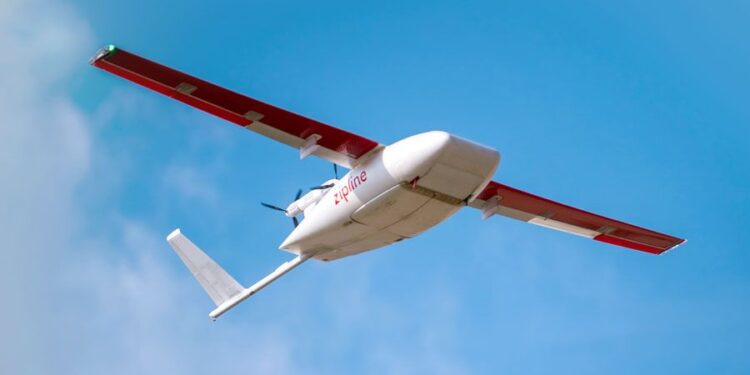Kenya is preparing to launch a project that will deliver medical supplies in the counties of Kisumu and Homa Bay through the use of airships. The initiative aims to provide healthcare access to remote areas that are not easily accessible by road.
According to reports, the operation will be overseen by Kenya Flying Labs, a non-profit organization focused on equipping citizens with advanced technologies. The selection of Kisumu and Homa Bay was based on their inadequate levels of mother and child healthcare, as well as their openness to the project.
Utilization of airships for the transporting of medical supplies is considered safer than other alternatives like boats. In certain waterlogged regions of the two counties, healthcare delivery relied on boats, which posed risks to passengers and cargo.
Despite airships being slower than the alternatives, their advantage lies in their payload capacity and ability to traverse difficult terrain by flying above ground and according to Cleopa Otieno, Kenya Flying Labs CEO, this advantage helps “cut the distance to be covered by half.”
An airship can typically cover a distance of up to 50 kilometers when carrying five kilograms of medical supplies. In case of extended range requirements, the onboard solar panels can charge the battery.
It is important to note that the airship project is primarily intended for routine medical supply deliveries, ensuring local hospitals always have essential medicines in stock, rather than emergency supplies.
With the products certain to see improved updates before its launch in September, the airships will be equipped with advanced navigation systems and have a significant payload capacity. The navigation system is programmed to ensure the airship returns safely to its base in the event of communication loss during a delivery run.
Additionally, the airships are designed for emergency landings, with their lightweight construction minimizing the risk of damage. The ships can be controlled by a rope-like a kite and require minimal infrastructure at delivery locations.
The airships will operate from central distribution points and transport the supplies to designated drop-off points within the two counties. Local healthcare workers will then be responsible for transporting the supplies from these points to the nearby clinics.
This airship project in Kenya is part of a broader trend in Africa, where technology is playing a crucial role in advancing various sectors, including healthcare. Similar initiatives leveraging drone technology have been successful in Rwanda with Zipline.




